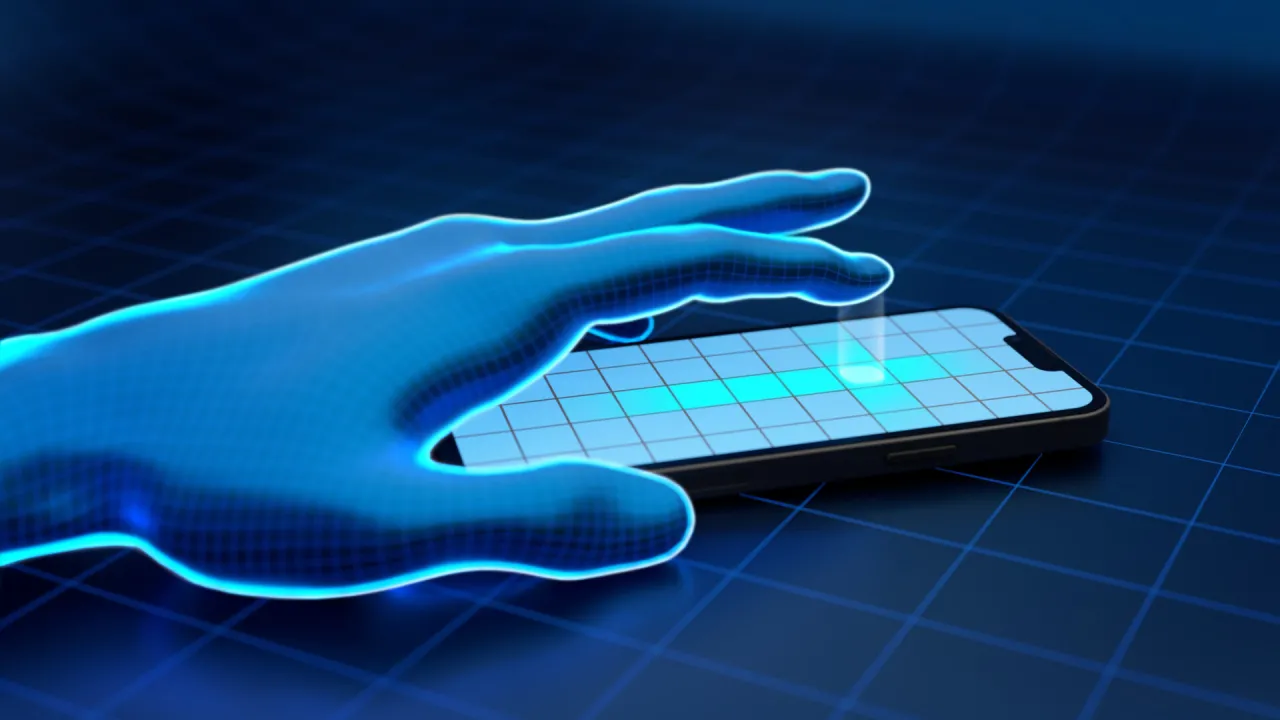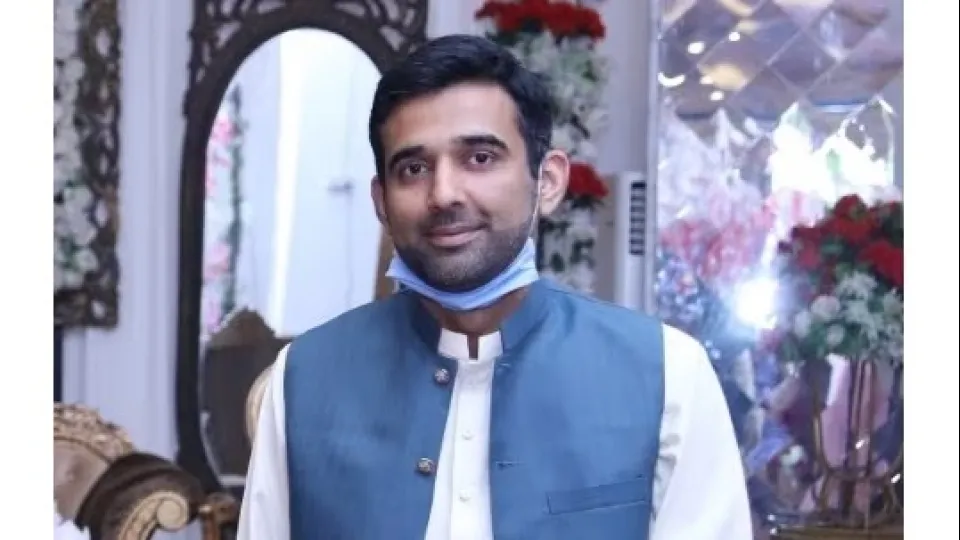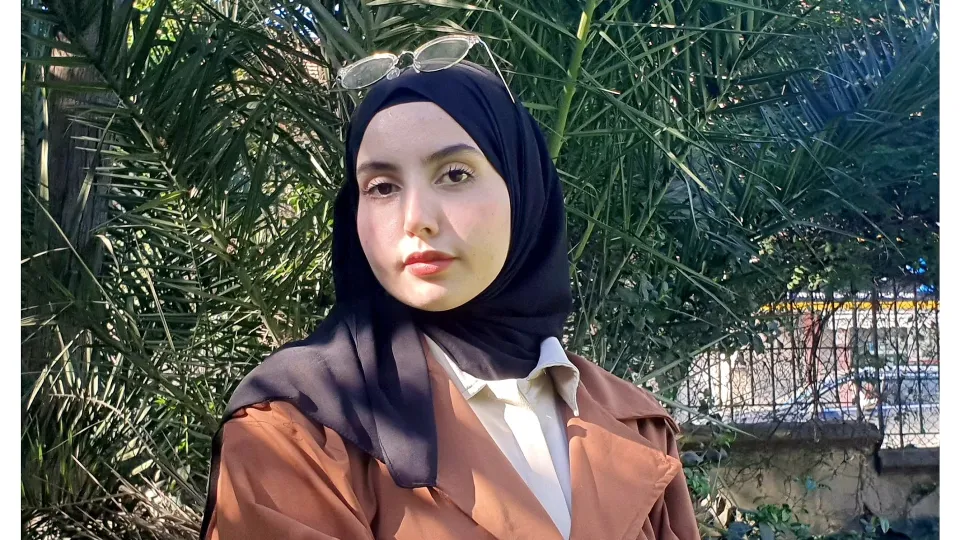
No Wearables, No Lab Tests—Just a Screen Touch for Hydration Tracking
About
At the Information Science Lab, we are constantly exploring innovative solutions that merge everyday technology with impactful scientific advancements. One of our most exciting recent discoveries is a noninvasive hydration monitoring system, utilizing the capacitive sensors embedded in smartphone screens. Our researchers have demonstrated that a simple fingertip touch can assess hydration levels in real time—without the need for needles, wearables, or cumbersome lab equipment.
The Science Behind Our Discovery
Led by our research scientist, Dr Muhammad Mahboob-ur-Rahman, and PI Prof Tareq Al-Naffouri, we investigated how skin capacitance—the ability of the skin to store electric charge—varies with hydration levels. By leveraging the capacitive technology already present in everyday touchscreen devices, we trained machine-learning models to interpret subtle skin moisture changes with remarkable accuracy.
To validate our approach, we gathered over 4,000 fingertip readings from individuals experiencing different hydration states. This included athletes undergoing intense physical exertion and those fasting during Ramadan, a time when managing hydration is particularly challenging. Our analysis showed the system could identify dehydration states with up to 92% accuracy in athletes and 87% accuracy in fasting individuals.
Transforming Hydration Monitoring for Everyone
Imagine a future where checking hydration status is as effortless as unlocking a smartphone. Our researchers believe this technology holds promise far beyond athletes and fasting individuals—it could benefit groups particularly susceptible to dehydration, including the elderly, children, and individuals with kidney disease.
Our student researcher, Soumia Siyoucef, who contributed significantly to the project, envisions everyday hydration tracking seamlessly integrated into digital life. A simple screen touch could act as an early-warning system, helping users replenish fluids before dehydration-related symptoms emerge.
Pushing Boundaries in Health Technology
At Information Science Lab, we are committed to exploring the intersection of technology and health sciences, pushing boundaries to develop accessible and impactful solutions. As we refine this innovation, we hope to see hydration monitoring become as intuitive as checking the weather app.
Stay connected with us for updates as we continue to explore groundbreaking applications in real-time hydration tracking and other transformative research areas. The future of health technology is right at our fingertips—literally!
The Information Science Lab at KAUST is proud to lead the way in pioneering real-world applications that shape the future of science and technology.


